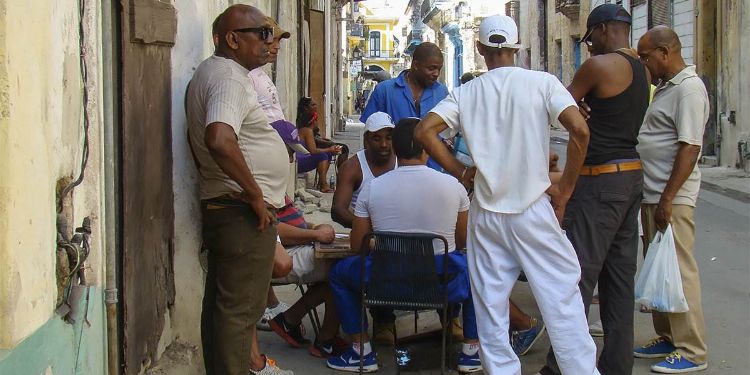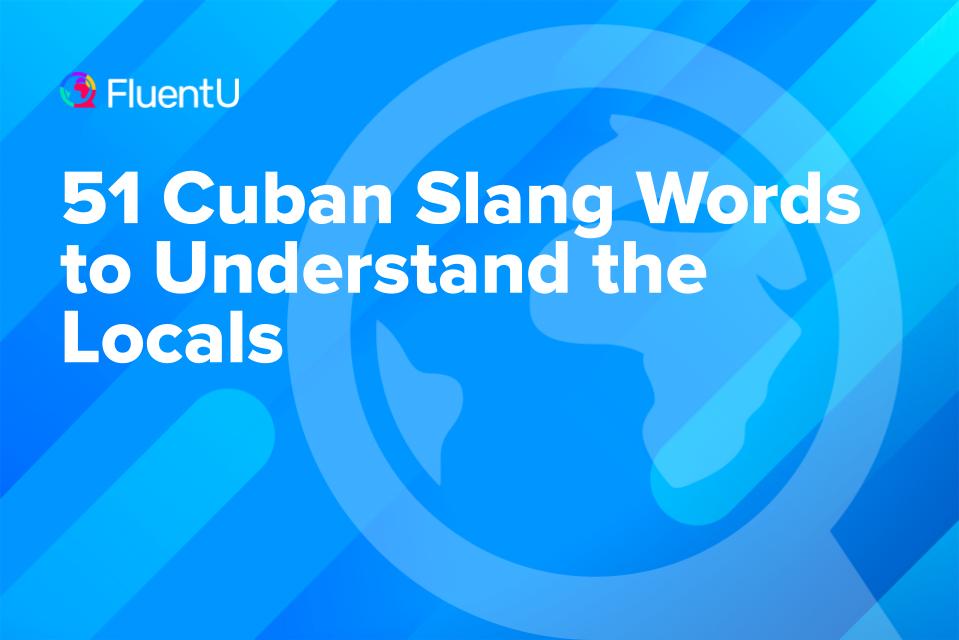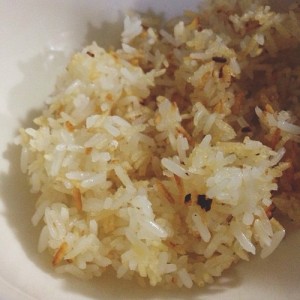This article came out yesterday and it caught my interest. Some Cubans (in Cuba) were interviewed briefly about the local language and how Cubans speak.
Cuba has its own vernacular and brand of local speech but it does share common characteristics with fellow Caribbean Spanish-speaking islands- DR and Puerto Rico.
The article is on point and the commentary by a few random Cubans gives an honest view point about the Spanish you will hear in Cuba and among Cubans. Notice how the older lady is not pleased. She calls it chabacano.
Article:

 www.cubanet.org
www.cubanet.org
I will mostly likely comment on this article elsewhere but I thought I would post it here too since it is a good topic about language.
How does Cuban colloquial speech compare to DR and Puerto Rican speech? Which island has the most difficult Spanish to understand?
-MP.
Cuba has its own vernacular and brand of local speech but it does share common characteristics with fellow Caribbean Spanish-speaking islands- DR and Puerto Rico.
The article is on point and the commentary by a few random Cubans gives an honest view point about the Spanish you will hear in Cuba and among Cubans. Notice how the older lady is not pleased. She calls it chabacano.

Lenguaje coloquial, la moda que hablan los cubanos
Los detractores del lenguaje coloquial responsabilizan a la juventud por la supuesta vulgaridad de ciertas expresiones, pero los especialistas refieren que el idioma es un sistema vivo que se transforma
 www.cubanet.org
www.cubanet.org
I will mostly likely comment on this article elsewhere but I thought I would post it here too since it is a good topic about language.
How does Cuban colloquial speech compare to DR and Puerto Rican speech? Which island has the most difficult Spanish to understand?
-MP.




